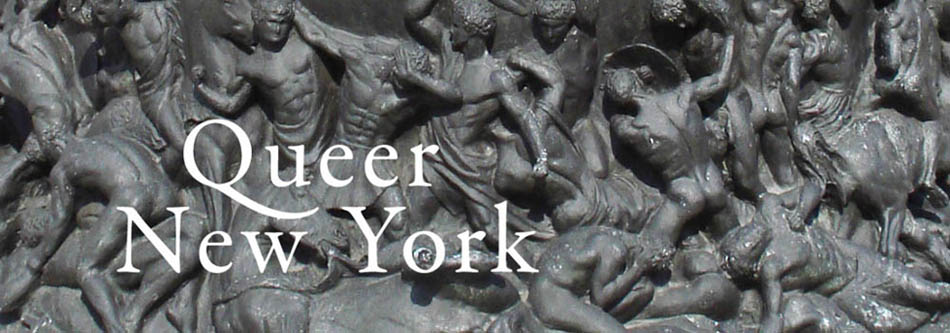
After a two-year workshop period, the play Won’t Be a Ghost, by Tight Braid Group, premiered on Friday, April 15, 2016, at the Brick Theater in Brooklyn.
I was unable to attend the premiere, but did make it to following night’s performance. Word of mouth must have been great because the theater was sold out, and there was a great effort of accommodation made to seat all comers, locating cushions and extra chairs that could be placed on the floor in the front of the regular seats on the risers.
Won’t Be a Ghost has an intriguing script that weaves together the stories of Magnus Hirschfeld, the influential yet unheralded German sexologist and sexual minorities activist known as “the Einstein of sex”, and Chelsea (born Bradley) Manning, the US Army intelligence specialist and trans woman recently convicted of passing classified documents to WikiLeaks, who is now undergoing hormone replacement therapy in prison.
The play also features a Greek chorus consisting of multiple queer genders, and doubling nicely as the members of Dr. Hirschfeld’s household and intellectual circle. They help to transition and tie together the time-jumping story line, and get to perform a clever scene with arrows and a dancing, bloodied St. Sebastian.
I was glad I got to see this ambitious play. Although well aware of just how vital queer- and trans- gender issues remain to the continuing struggle for LBGT equality today, I knew little about the underlying story of either protagonist in Won’t Be a Ghost. After returning home I went running to the Google machine to learn all I could about both.


